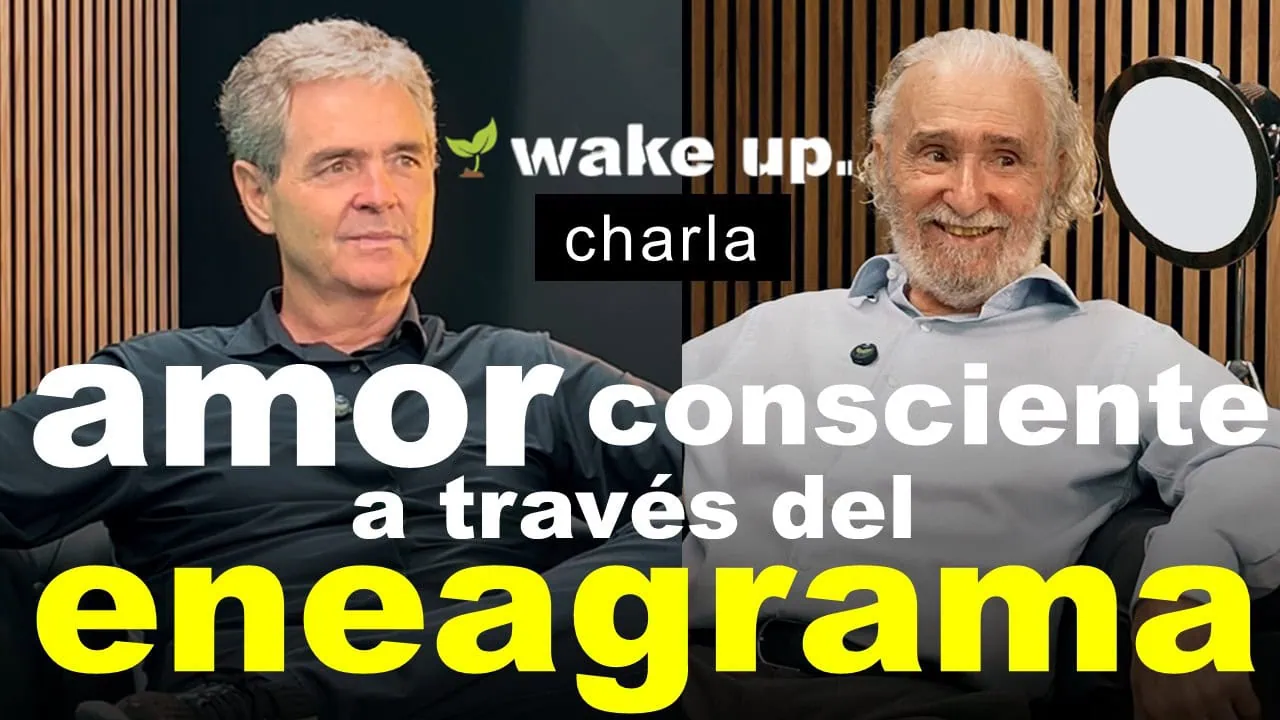Este es contenido Premium, hazte Buscador para disfrutar de todo el contenido y formar parte de la comunidad.
For search engine users only
Full interview, only for Seeker users

False Stoicism
Stoicism is an ancient philosophy that has become fashionable in recent years. Originally, this doctrine founded in Ancient Greece by Zeno of Citius focused on the pursuit of virtue, wisdom and self-discipline as the path to tranquility and freedom. However, in the digital age, this philosophy has suffered considerable distortion, becoming a kind of superficial trend that often loses its original essence. In this article, based on a conversation between Ramiro Calle, yoga teacher; Antonio Ballesteros, PhD in English Philology; and Alex Guerra, founder of Wake Up Platform, we explore how stoicism has been misinterpreted and distorted.
The Essence of Stoicism
Authentic Stoicism focuses on accepting the things we cannot change, practicing virtue and maintaining equanimity in the face of adversity. Classical Stoics such as Epictetus, Seneca and Marcus Aurelius taught that true happiness comes from inner tranquility and freedom from disordered passions. It is a path to self-improvement and harmony with the cosmos, based on sound principles and deep philosophical reflection.
The Modern Distortion of Stoicism
Nowadays, stoicism has been adopted by various people and movements that have simplified and distorted it. According to Ramiro Calle, this distortion turns the philosophy into a tool to strengthen the ego instead of liberating it. Instead of being a practice to achieve inner peace and modesty, it has been transformed into a kind of “superman” cult, characterized by images of burly men and a focus on emotional toughness and extreme self-sufficiency.
Alex Guerra points out that this superficial reinterpretation of Stoicism quickly becomes an empty fad. The essential content of the philosophy is lost, turning it into a “trending topic” that, in the long run, can be detrimental to its understanding and genuine practice.
The Commercialization of Stoicism
Antonio Ballesteros criticizes how this trend toward false stoicism is also driven by marketing. The philosophy is trivialized and packaged in self-help books, motivational seminars and marketing products that promise to turn anyone into a successful modern stoic. This process of commercialization not only distorts the original tenets of Stoicism, but also reinforces a consumer culture that is, in many ways, contrary to the Stoic values of simplicity and material detachment.
Recovering True Stoicism
To recover the true spirit of Stoicism, it is essential to return to its philosophical roots. This involves studying the works of the original Stoic philosophers and practicing critical reflection and meditation. Ramiro Calle suggests that, instead of using Stoicism to strengthen the ego, we should focus on its ability to help us understand and accept our human limitations and find inner peace.
Antonio Ballesteros adds that we should avoid superficial and commercial interpretations of philosophy and strive to understand and apply its teachings in a profound and authentic way. Only in this way can we truly benefit from its wisdom and lead a more virtuous and balanced life.
Conclusion
Stoicism, like any great philosophy, can offer a path to self-improvement and inner peace. However, its modern distortion as a superficial and commercial fad threatens to undermine its essential tenets. To avoid falling into false stoicism, it is essential to study and practice the philosophy in a genuine way, always keeping the focus on virtue, wisdom and true tranquility.
Become a Seeker user and start enjoying this interview and other premium content videos.
Wake up
Wake up!







